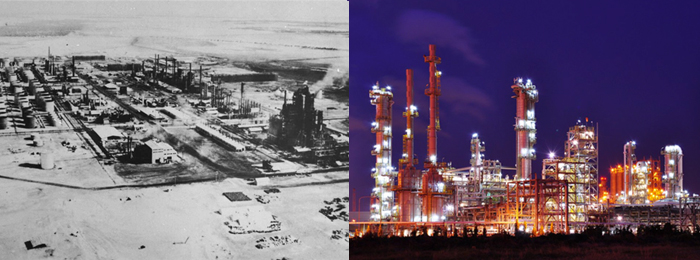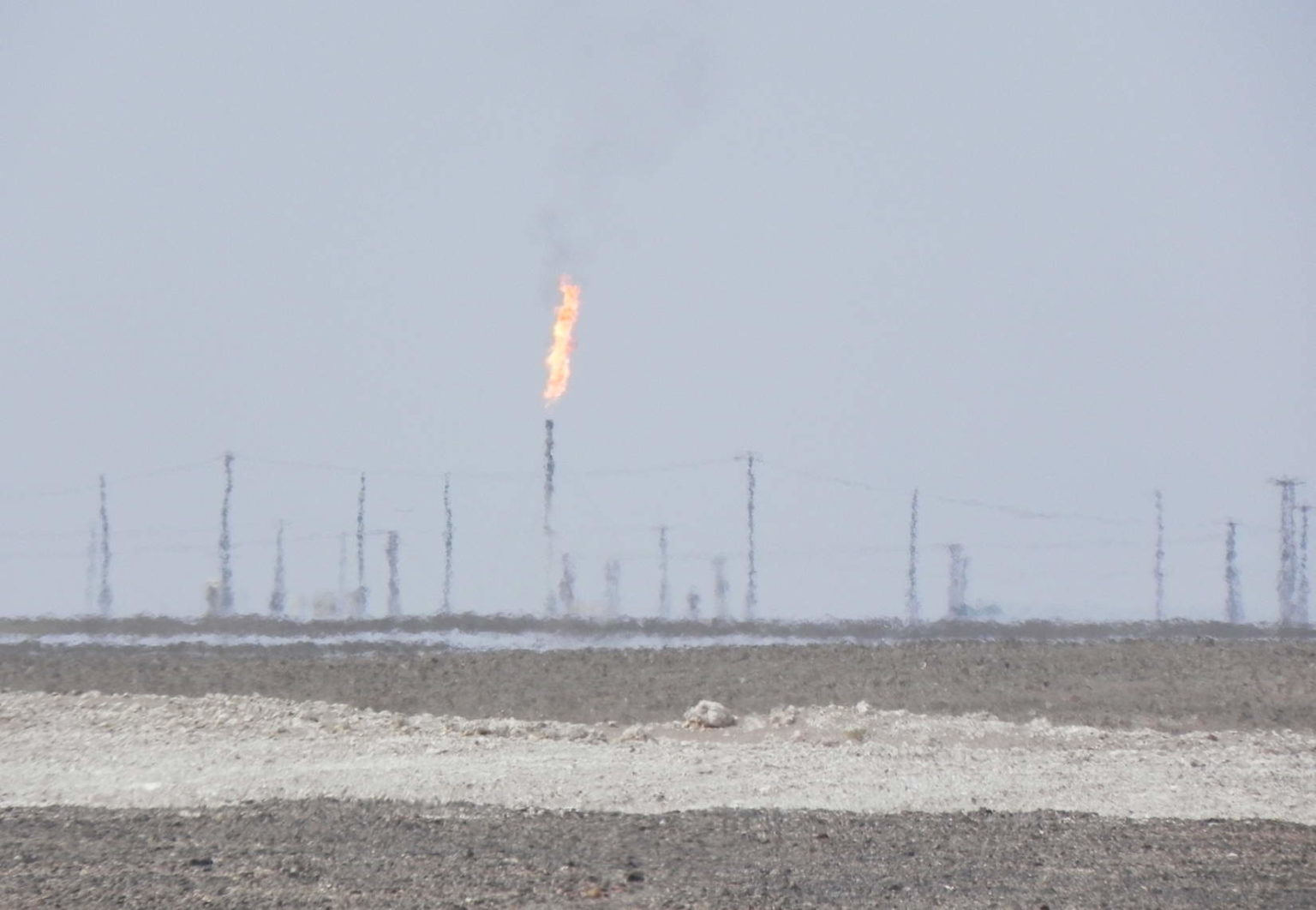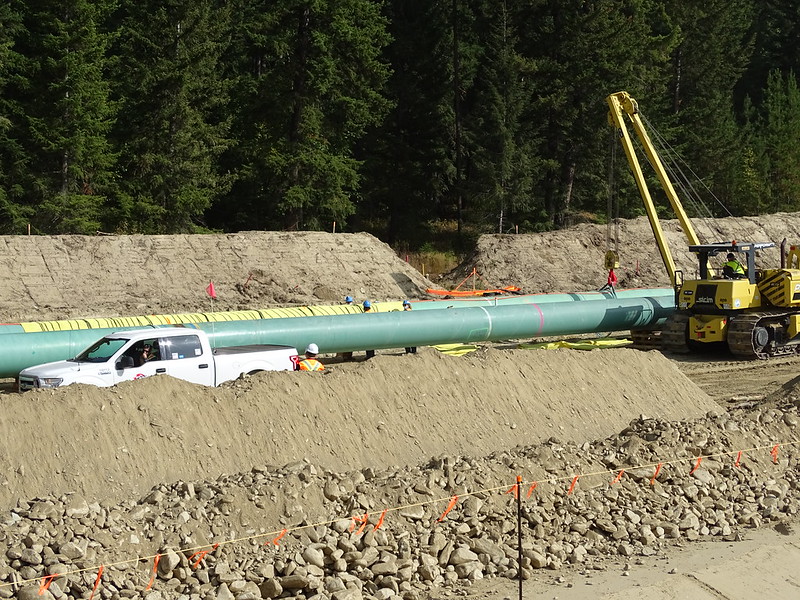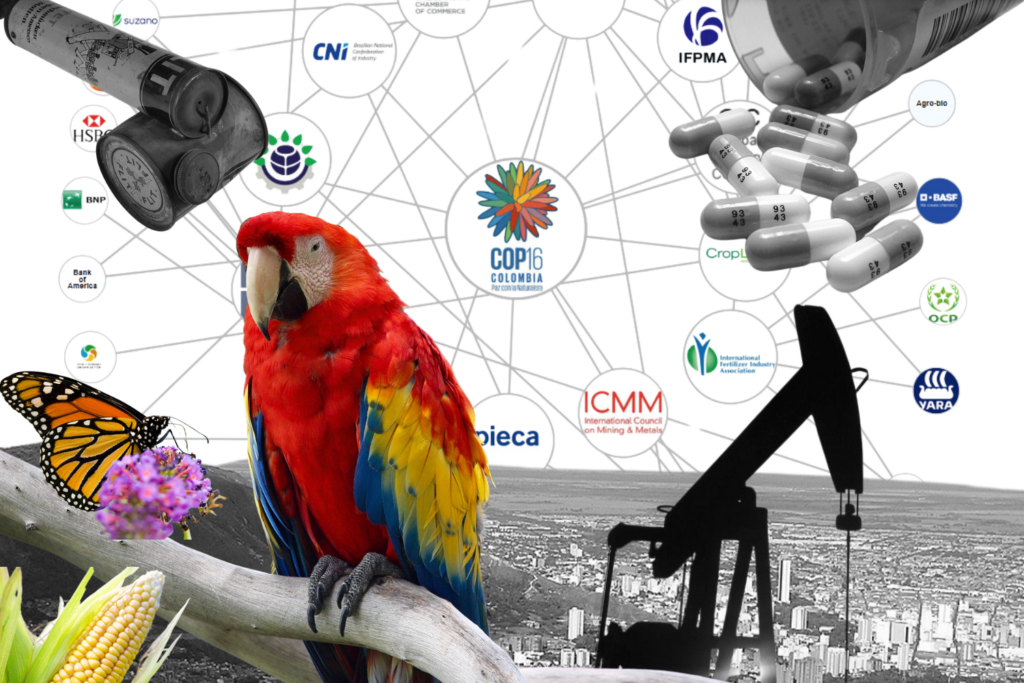The UK Government is planning to support the expansion of a multi-billion pound oil refinery in Bahrain which could have “significant adverse environmental impacts” as part of efforts to boost British exports.
The expansion and upgrade of the Bahrain Petroleum Company (Bapco) oil refinery complex in Sitra, east Bahrain, is expected to increase the production capacity from a maximum of 267,000 barrels per day to 380,000 barrels per day. The project is reported to cost well in excess of £5bn, according to Reuters.
The announcement comes two days after scientists from the UN Intergovernmental Panel on Climate Change (IPCC) released a landmark report warning that the world has 12 years to make urgent and massive transformations across societies to avoid dangerous levels of global warming.
‘High Risk Project’
The UK Export Finance (UKEF) — the UK’s credit agency which underwrites loans and insurance for risky export deals as part of efforts to boost international trade — is considering supporting the refinery expansion by enabling British companies to enter the project’s supply chain.
UKEF, which overwhelmingly finances fossil fuel projects abroad, has identified the expansion plans as a high risk project which has the potential to have “significant adverse environmental and/or social impacts”.
Bahrain is also known for its poor track record on human rights.
In April, Bahrain’s oil minister also said the country had made its biggest ever oil and gas discovery offshore, estimated to contain 80bn barrels of light crude oil.
The Bacop refinery operates a storage facility for around 14 million barrels of crude oil products with one-sixth of the oil originating from Bahrain and the rest being pumped through a Saudi Arabia pipeline. About 90 percent of the oil is designed for exports, according to Bapco.

Image Credit: The modernisation of the oil refinery in Sitra, Bahrain/Bapco
The company said that the modernisation of the refinery would “improve energy efficiency“ and that the project would be carried out “in compliance with applicable local environmental regulations” as well as the the project’s lenders standards.
Bapco argued that the refinery facility was designed “in a manner that is beneficial to the Kingdom of Bahrain for generations to come” but the plans will also lock the country into decades of reliance on its growing petrochemical infrastructure.
Wanted: ‘Urgent and unprecedented climate action’
The news comes the same week as the world’s leading climate scientists warned that rapid and unprecedented action needs to take place by 2030 if global warming is to be kept to 1.5 degrees above pre-industrial levels.
The authors of the landmark report by the IPCC, which was released on Monday, said the world’s emissions had to be cut by around 45 percent between 2010 and 2030 and reach net zero by 2050 in order to keep global temperature increase below 1.5 degrees.
Like what you’re reading? Donate here to support DeSmog UK‘s journalism today
Adam McGibbon, climate campaigner at Global Witness, told DeSmog UK that while the UK claims to be a climate leader, it “continues to spend billions pumping fossil fuels out of the ground”.
He said: “As the world reels from the news that we have twelve years to prevent catastrophic climate breakdown, today’s announcement by the government is staggering.
“Until the government commits to phase out its fossil fuel lending, it’s claims of climate leadership are laughable. The only way forward is to start winding down the financing for these projects, immediately.”
A government spokesman told DeSmogUK that UKEF can not comment on transactions that may be under consideration for commercial confidentiality reasons and added that while UKEF is actively seeking to support projects in the renewable sector, the agency can only provide support to exporting companies requesting it.
He said: “The UK’s priority, at home and abroad, is to encourage international opportunities for UK businesses – ensuring they can build fruitful relationships with overseas partners. UK Export Finance is committed to high standards of environmental, social and human rights risk management, and rigorously follow the requirements of the OECD Common Approaches and Equator Principles, which set the framework for export credit agencies and international financial institutions in managing such risks.”
Exporting fossil fuels activities abroad
There is plenty of evidence to show the extent to which UKEF supports fossil fuel projects over clean energy developments.
Earlier this year, UKEF announced plans to support a “high risk” multi-billion pound oil refinery in Oman.
UKEF’s latest annual report shows that the agency provided export risk guarantees worth £300,000 to a drilling company contracted by BP-controlled Pan American Energy to frack in Argentina.
Last year, a joint investigation by Greenpeace’s investigation unit Unearthed and Private Eye found that UKEF had provided fossil fuel companies with £4.8bn in financial support between 2010 and 2017.
In August, international trade secretary Liam Fox announced a new export strategy which heavily relied on the £50bn export finance and insurance support available to UK businesses through UKEF.
Earlier this summer, the DIT organised an event for UK businesses to meet representatives from Bapco and its contractors and encourage them to consider entering the project’s supply chain.
Last month and for the first time, the Labour Party adopted a new policy regarding UKEF’s strategy and pledged to “promote UK Export Finance support for the energy sector towards low-carbon projects in place of its overwhelming support for fossil fuel projects in previous years”.
Updated: The story was updated on the 11/10/18 to include UKEF‘s response.
Image Credit: Peter Dowley/Flickr/CC BY 2.0.
Subscribe to our newsletter
Stay up to date with DeSmog news and alerts







